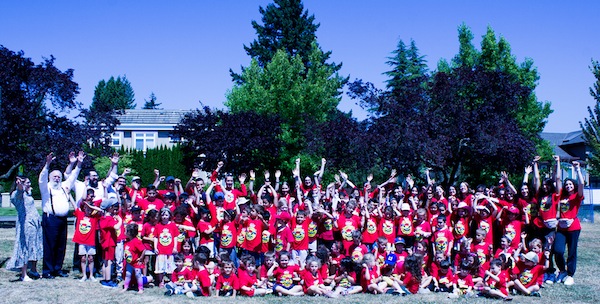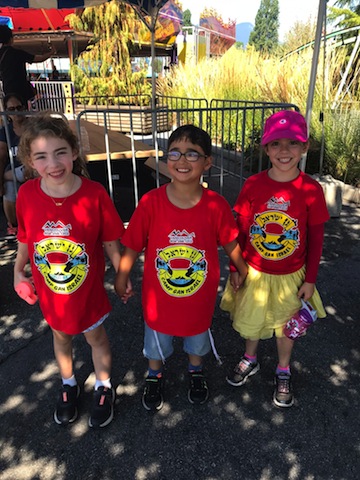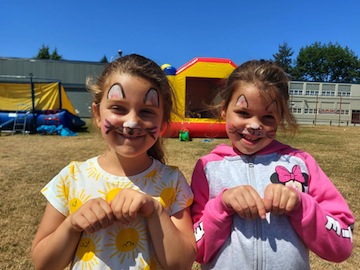An important – and surprising – court decision in Poland last month is a small victory in a longer battle over the history of Polish behaviour during the Second World War.
On appeal, two Holocaust scholars had an earlier decision reversed. University of Ottawa professor Jan Grabowski and Barbara Engelking, a Polish historian of the Holocaust, had earlier been ordered to apologize to a Polish woman who brought a suit against the two, arguing that her family’s name had been tarnished by the historians’ depictions of her uncle’s actions during the war. The case was watched closely, and its appeal is significant, as it could portend how Poland’s judiciary approaches a comparatively new law that proscribes negative depictions of Polish complicity during the war.
Poland’s ruling Law and Justice party is a right-wing nationalist movement that seeks to glorify Polish heroism during that era and erase – indeed, outlaw – records that demonstrate the complicity in atrocities by individual Poles and segments of that society during the Holocaust.
Grabowski and Engelking are on the frontlines of that conflict. They head a team of researchers that produced Night Without End: The Fate of Jews in Selected Counties of Occupied Poland, a compendious 1,700-page documentation of Polish atrocities during the war. The researchers, at risk to themselves, delved into often-untouched archival records in small and remote communities across Poland. In a presentation in Vancouver three years ago, Grabowski explained that, after the war, a surprising number of Poles felt no obligation to hide or embroider their activities during that period, content that their neighbours, if not history, would judge them kindly. The researchers plumbed files that had not been opened since 1945 and discovered harrowing tales of neighbour turning on neighbour, of Jews in hiding listening as their former friends pointed out their whereabouts to the Nazis and their collaborators.
The work is monumental and is being translated into English. It also indicates the breadth and depth of Holocaust history that has yet to be even remotely explored. The big picture, certainly, is well known – to the extent that plenty of people complain that it is time to move on from the topic. But the work of Grabowski et al reminds us that, in terms of millions of stories of individuals, heroic and wicked, we have hardly scratched the surface.
This is why the Polish law, and the intent behind it, is so dangerous. The problem is not merely the suppression of what we already know to be true, it is the very tangible possibility that current scholarship will be curtailed and that potential future scholars will choose less arduous fields of study. In either case, the crucial primary research still underway could be squelched.
This urgency was underscored by the publication Tuesday of a new book, Into the Forest: A Holocaust Story of Survival, Triumph and Love by Rebecca Frankel, former executive editor of Foreign Policy magazine. Writing in the New York Times Sunday, Frankel shared the story of one family who survived the war in Poland by hiding in the forests. The “Jews of the forest,” as she calls them, are an example of a massively underexplored facet of Holocaust history. The narratives of these Jews – some of whom survived the war, many or most of whom apparently did not – are absent from most chronologies because, by definition, those who survived (or did not) by disappearing into the forests were not included in the record-keeping of the Nazis and their collaborators.
We know from opinion surveys that there is an enormous amount of ignorance, particularly among the young in North America and Europe, about the Holocaust. In a notable irony, a major survey of European societies discovered that the countries where the largest number of people believes that there is too much emphasis on the Holocaust are the same countries where ignorance of the facts is greatest. In other words, it seems that those who know the least about that history are the ones most determined to close their ears to it.
Prof. Grabowski, who was born in Poland, was evasive in his visit to Vancouver in 2018, deflecting assertions that his work is heroic. Instead, he credited the courage of the on-the-ground researchers in Poland. There should be enough admiration to go around for the researchers, historians, writers and teachers who continue the necessary work of studying and sharing knowledge of that time.
As we have seen from the past seven decades, knowledge of the past does not preclude repetitions of genocide. But ignorance will almost certainly hasten its frequency and severity.



